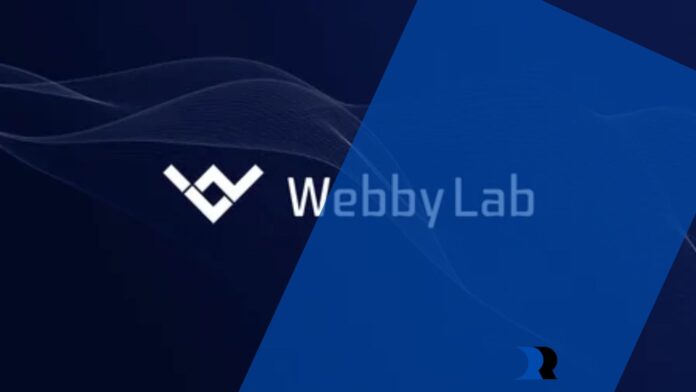Just five or six years ago, talk of the Internet of Things (IoT) sounded futuristic. Many companies viewed the topic with interest, but lacked a thorough understanding of its application. In 2025, the picture is completely different. Today, the question for businesses is not “is IoT necessary?” but “who should enter this market with?” Choosing the right IoT development company determines whether investments will turn into real value or end up in the sands of expensive experiments.
Why IoT Matters in 2025
Today, the importance of the Internet of Things is evident. But despite this recognition, many find it challenging to identify specific business benefits:
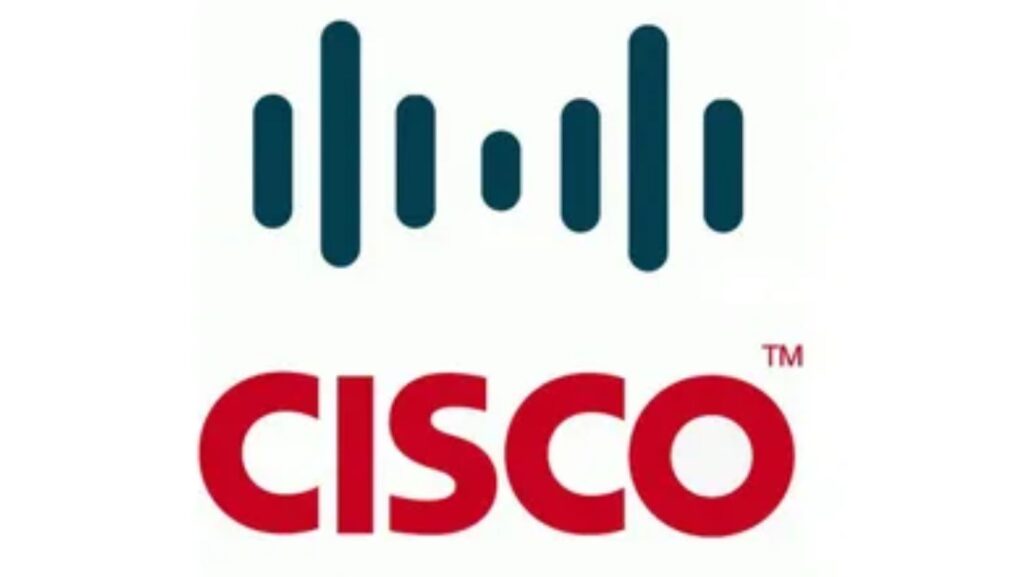
- Predictive data. Sensors and devices enable businesses to anticipate situations, from conveyor downtime to increased demand for a specific product.
- Automation. Machines and systems take over routine tasks, freeing people up for tasks that require creativity and decision-making.
- Personalization. Services are becoming increasingly closer to the customer, as seen in retail, medicine, and transportation.
- Savings and ecology. Optimizing energy and resource consumption has become not only a marketing trend but also a significant competitive advantage.
We hope you now do not doubt that the business of the future cannot do without IoT.
Who Leads the IoT Market in 2025?
Here are the top companies setting the pace for IoT innovation this year.
WebbyLab – When the Details Matter
WebbyLab is confidently emerging as a leader thanks to its “we assemble an ecosystem, not just individual pieces” approach.
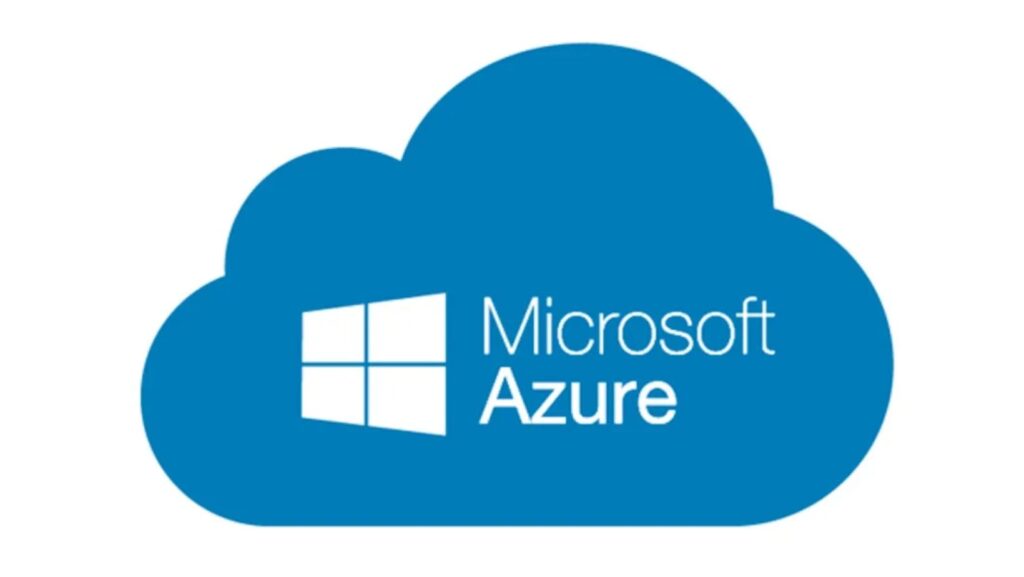
They design everything from hardware and firmware to mobile apps and analytics dashboards.
Strength: Attention to security at every step.
Where it’s used: smart homes, logistics, energy, and industry.
What makes it stand out: Solutions are made not only for machines but also for people – the interfaces are simple and intuitive.
Cisco – A Foundation for Large-Scale Projects
Cisco is the foundation without which it’s hard to imagine large-scale IoT. Their solutions form the foundation of smart cities, factories, and campuses. If you need to connect millions of devices and be confident that the network won’t crash, Cisco is a leading option.
What they can do: Secure networks, edge computing, 5G integration.
Suitable for: Government projects and corporations where reliability and scale are crucial.
Siemens — Non-stop Industry
Siemens is a company that has long been associated with industry. Their IoT platform, MindSphere, enables enterprises to model processes and create digital twins of their equipment. This enables plants to operate without downtime, allowing technical support to detect problems before they escalate into emergencies.
Pros: Experience in industrial automation and digital twins.
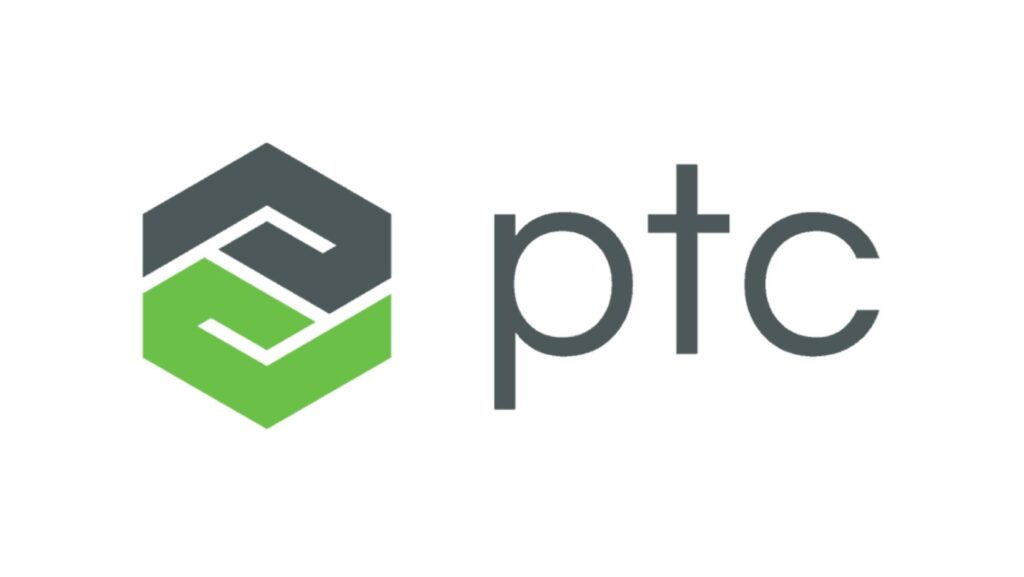
Application areas: Mechanical engineering, energy, and automotive.
Microsoft Azure IoT — Cloud as a Platform
Microsoft is betting on the cloud in IoT. Azure IoT will enable the management of millions of devices and the acquisition of real-time data by 2025. For companies, this means less manual work and more analytics-based forecasts.
Advantages: Scalability, easy integration with familiar Microsoft services.
Suitable for: Large businesses looking for a proven tool.
PTC — Data Visualization via AR
PTC is recognized for its integration of IoT and augmented reality. Their ThingWorx platform enables employees not only to view numbers in reports but also to physically observe the data through AR glasses. This facilitates training and equipment operation.
Feature: Integration of IoT and AR.
Applications: Medicine, manufacturing, retail.
IBM — Artificial Intelligence to Help Business
IBM is actively promoting Watson and its analytical capabilities. When combined with IoT, this becomes a powerful tool, enabling predictive models in transportation, patient health monitoring, and service cost forecasting.
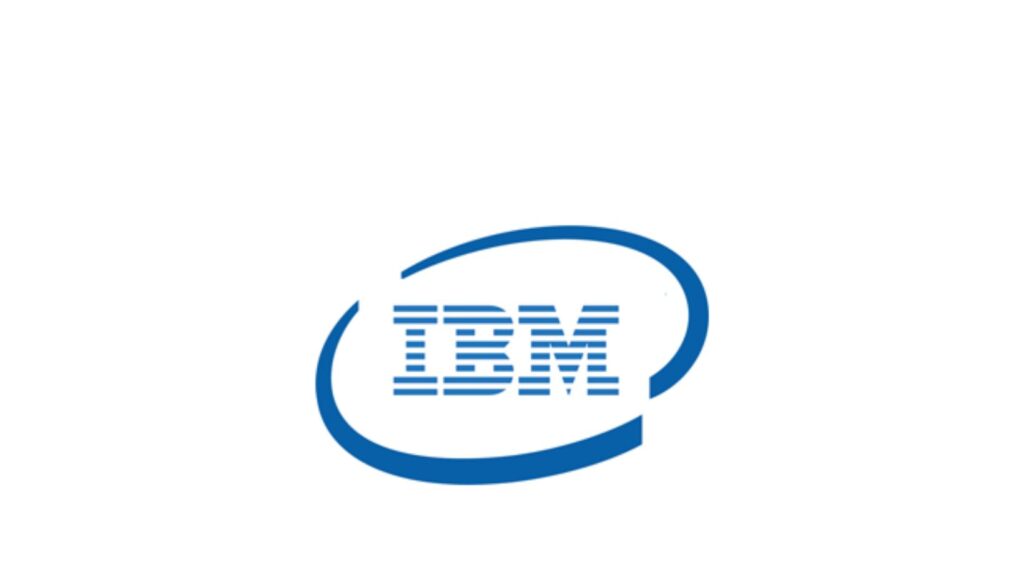
Pros: Big data analytics, AI.
Suitable for: Businesses where data is the main asset.
AWS IoT — for Those Who Want to Get Started Quickly
AWS emphasizes flexibility. Their IoT Core allows companies to start small—connect a few devices and test a hypothesis, then scale up smoothly. The pay-as-you-go model makes it convenient for startups and small businesses.
Strength: Flexibility and speed of implementation.
Suitable for: e-commerce, logistics, mid-sized companies.
Comparison of Top IoT Companies in 2025
| Company | Core Strengths | Industries Focused On | Unique Differentiator |
| WebbyLab | Custom IoT ecosystems, security-first design | Smart homes, energy, logistics | Human-centered, tailored solutions |
| Cisco | Secure networking, edge computing | Smart cities, enterprise campuses | Industry-leading infrastructure |
| Siemens | Industrial IoT, digital twins | Manufacturing, energy, automotive | Strong IoT expertise |
| Microsoft | Cloud scalability, AI insights | Retail, logistics, digital services | Azure integration |
| PTC | IoT + AR innovation | Manufacturing, healthcare | AR-driven IoT |
| IBM | AI-powered IoT analytics | Healthcare, vehicles, enterprise | Watson AI integration |
| AWS IoT | Flexible cloud tools | SMEs, logistics, e-commerce | Developer-first approach |
What Businesses Should Look for in an IoT Partner
When choosing a company, it’s important to look beyond technology. True value comes from:
- customization—solutions tailored to specific needs, not out-of-the-box solutions;
- scalability—the ability to grow with the business;
- security—encryption, protection from hacking, data control;
- convenience—simple interfaces for employees and clients;
- support—a partnership for years to come, not just during the implementation phase.
Of course, there are no one-size-fits-all solutions. When choosing a partner, you should be guided by your specific situation and company needs.
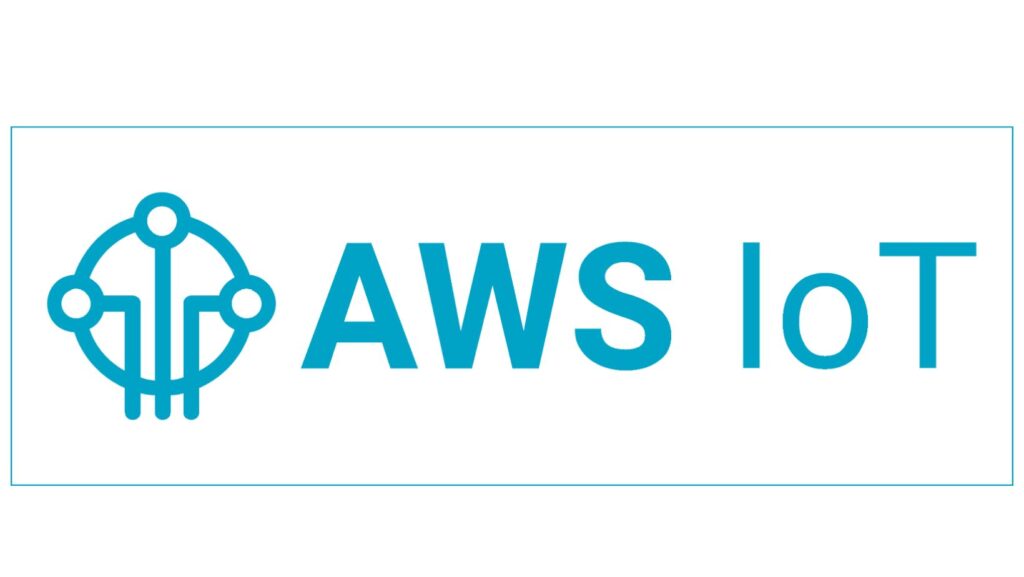
In any case, there are plenty of options on the market, and one of them is sure to be suitable.
Final Thoughts
In 2025, IoT is no longer an experiment, but rather a key part of a development strategy. Market leaders—from giants like Cisco and Microsoft to specialized companies like WebbyLab—are helping businesses move from theory to practice. For companies, this presents an opportunity not only to implement new technologies but also to build smarter, more flexible, and more sustainable processes. And those who choose partners with a long-term vision today will win.


